South Centre (organization)
|
The South Centre logo | |
| Formation | 31 June 1995 |
|---|---|
| Type | Intergovernmental organisation |
| Legal status | Treaty |
| Purpose | Economic development for the South |
| Headquarters | Geneva, Switzerland |
Region served | Global South |
Membership | 53 states |
Official language | English, French, Spanish |
Executive Director | Martin Khor |
Parent organisation | South Commission |
| Affiliations | United Nations |
| Website | southcentre.int |
The South Centre is an intergovernmental organisation of developing nations, established by an intergovernmental Agreement (Treaty), which came into force on 31 July 1995, with its headquarters in Geneva, Switzerland. It functions as an independent policy think tank, whilst also holding Observer Status at the United Nations and other development agencies.
Creation
The South Centre was made by the South–South cooperation in 1995.
Its predecessor, the South Commission, recognized the need to strengthen South-South cooperation in international affairs. In its report The Challenge to the South, the South Commission emphasized the need for countries of the South to work together at the global level.[1]
That is why the Commission recommended the creation of a South organisation charged with undertaking this challenge. The South Centre, an independent intergovernmental think-tank of developing countries, was then created to analyze the development problems of the developing countries, encourage them to value and share their common experience and provide intellectual and policy support for them to act collectively and individually, particularly at the international level.
Structure
The South Centre has three principal organs:
- The Council of Representatives; made up of the representatives of the Member Countries;
- The Board; made up of a Chairperson and nine members acting in their personal capacity. The Board is appointed by the Council of Representatives and reflects a broad geographical balance among the countries of the South;
- The Secretariat; headed by an Executive Director. The Secretariat is in charge of implementing the objectives of the South Centre.
Mission
The South Centre undertakes research and analysis oriented on various international policy areas that are relevant to the protection and promotion of the development interests of developing countries.
The South Centre helps the countries of the South to develop common points of view and to work together on major international development-related policy issues.
Within the limits of its capacity and mandate, the South Centre also responds to requests for policy advice and for technical and other support from collective entities of the South such as Group of 77 and the Non-Aligned Movement.
The South Centre has an Observer Status in several international organisations.
The South Centre has an Observer Status in the following forums:
Member states

The Council of Representatives is composed of high-level representatives of the Centre's member states. It meets annually, and on an inter-session basis when required, in order to examine the work of the Centre and to provide policy and operational guidance. All states signing and ratifying or acceding to the Agreement are required to appoint a high-level individual as their representative to the Council. This individual should have been recognized for his/her commitment and contribution to the development of the South as well as the promotion of South-South cooperation. The Council appoints a nine-member board and elects the Centre's Chairperson. From its members, the Council elects a Convenor and a Vice-Convenor.
As of 2016, the following 53 states have signed, ratified, or acceded to the Intergovernmental Agreement:[17]
 Algeria
Algeria Angola
Angola Argentina
Argentina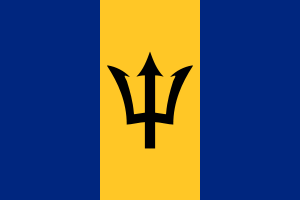 Barbados
Barbados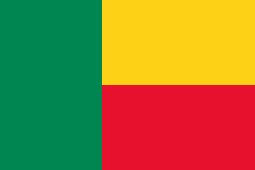 Benin
Benin Bolivia
Bolivia Brazil
Brazil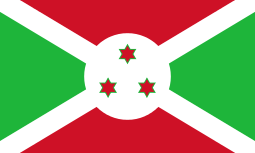 Burundi
Burundi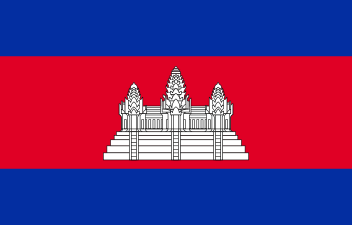 Cambodia
Cambodia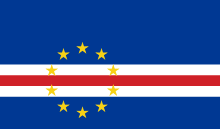 Cape Verde
Cape Verde People's Republic of China
People's Republic of China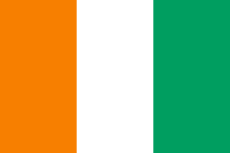 Côte d'Ivoire
Côte d'Ivoire Cuba
Cuba Dominican Republic
Dominican Republic Ecuador
Ecuador Egypt
Egypt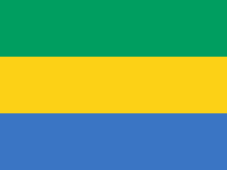 Gabon
Gabon Ghana
Ghana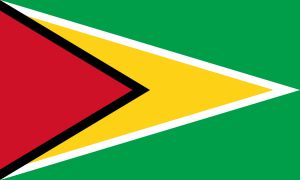 Guyana
Guyana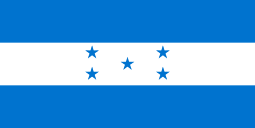 Honduras
Honduras India
India Indonesia
Indonesia Iran
Iran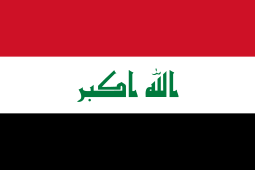 Iraq
Iraq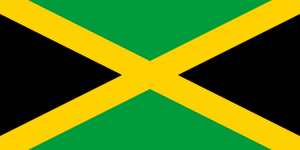 Jamaica
Jamaica Jordan
Jordan North Korea
North Korea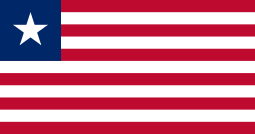 Liberia
Liberia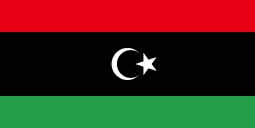 Libya
Libya Malawi
Malawi Malaysia
Malaysia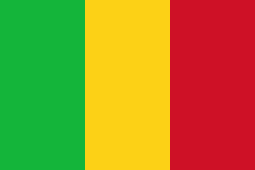 Mali
Mali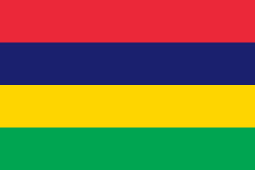 Mauritius
Mauritius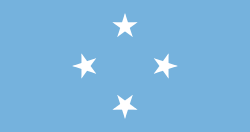 Federated States of Micronesia
Federated States of Micronesia Morocco
Morocco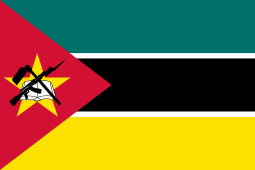 Mozambique
Mozambique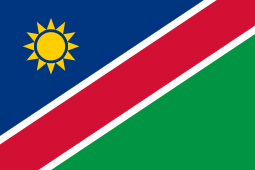 Namibia
Namibia Nicaragua
Nicaragua Nigeria
Nigeria Pakistan
Pakistan Panama
Panama Philippines
Philippines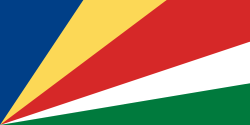 Seychelles
Seychelles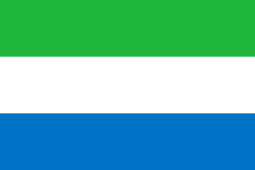 Sierra Leone
Sierra Leone South Africa
South Africa Sri Lanka
Sri Lanka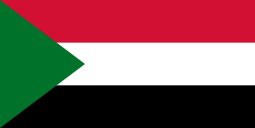 Sudan
Sudan Suriname
Suriname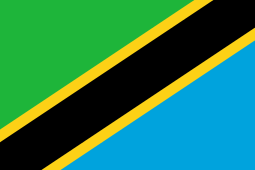 Tanzania
Tanzania Uganda
Uganda Venezuela
Venezuela Vietnam
Vietnam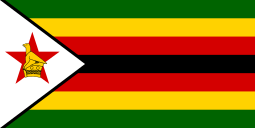 Zimbabwe
Zimbabwe
- Former members
 Colombia (signed in 1994; ratified in 1997; denounced in 2007)
Colombia (signed in 1994; ratified in 1997; denounced in 2007) Serbia and Montenegro (signed in 1994; ratified in 1996)
Serbia and Montenegro (signed in 1994; ratified in 1996)
Publications
South Bulletin, a regular publication of the South Centre, takes stock of ongoing debates on major global policy challenges and delivers regular flow of analysis and commentary to policymakers in the South.[18]
Research papers, published articles, analytical notes and other publications are also made available in English, French and Spanish on the South Centre website under "Publications".
References
- ↑ "The Challenge to the South" (PDF). South Centre.
- ↑ https://www.un.org/Docs/journal/asp/ws.asp?m=A/63/453 United Nations General Assembly
- ↑ https://www.un.org/docs/ecosoc/documents/2006/decisions/Decision%202006-244.pdf UN Economic and Social Council
- ↑ http://www.wipo.int/members/en/organizations.jsp?type=IGO_W List of WIPO Observers
- ↑ http://www.unctad.org/en/docs/tdigolistd7_en.pdf United Nations Conference on Trade and Development
- ↑ http://unfccc.int/cop4/resource/docs/cop4/14a01.pdf United Nations Framework Convention on Climate Change
- ↑ http://www.cbd.int www.cbd.int Convention on Biological Diversity
- ↑ Resolution ICC-ASP/7/Res.3, Pursuant to rule 92, paragraph 1 and 2
- ↑ http://www.wto.org/english/theWTO_e/igo_obs_e.htm World Trade Organisation
- ↑ http://www.ipcc.ch/meetings/session28/final-report.pdf Intergovernmental Panel on Climate Change
- ↑ "G-24". Group of 24.
- ↑ Rotterdam Convention information document 13
- ↑ Basel Convention information document 30
- ↑ Stockholm Convention information document 34 (UNEP/POPS/COP.6/INF/34/Rev.1)
- ↑ WHA Resolution WHA66/46
- ↑ http://gcfund.net/partnerships/observers.html List of GCF Observers
- ↑ "The South Centre members". South Centre.
- ↑ "The South Centre Bulletin". South Centre.